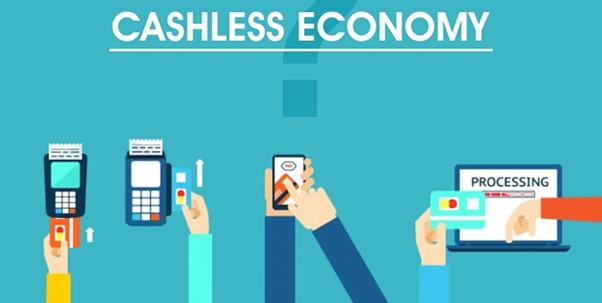Worries regarding the implications of a cashless society in the UK.

While attention has frequently centered on the difficulties faced by the elderly due to the move away from cash, other groups such as tourists might also encounter consequences.
Armando Bordalo e Sá meticulously planned for his five-day summer trip to London, exchanging euros for pounds at a favorable rate to cover expenses such as meals and event tickets.
However, during his brief stay, he faced an unexpected issue. Several establishments no longer accepted cash, leaving him with unused currency and unexpected bank charges from Portugal. This rapid shift to a cashless society in the UK took a toll on the 72-year-old traveler from Lisbon.
His attempts to use his Oyster card were limited to his debit card, and attractions like Tate Britain and several museums only allowed electronic payments. Even a simple purchase, like an £8 adapter from his hotel’s vending machine, required card payment.
Upon returning to Portugal, he found an irritating surprise: his bank imposed a 4% fee for “international services” and additional taxes on debit card transactions due to his inability to use cash. This led to a total of €85 (£73).
This unexpected bill was particularly frustrating since he had cash on hand for payment. He expressed his frustration, seeing this trend as a strategy for banks to generate profit, with limited cash acceptance only at restaurants, pubs, and taxis.
The UK has been at the forefront of transitioning towards a cashless society, especially in metropolitan areas, notably accelerated after the pandemic. Data from UK Finance reveals that nearly half of all payments in 2021 were made via debit cards, projecting newer payment methods to surpass cash almost entirely within the next decade. They forecast cash to constitute only 6% of all UK payments by 2031.
However, this shift has raised concerns for groups still reliant on cash, including older individuals, those with limited incomes, and tourists seeking flexibility in payment methods.
The Federation of Small Businesses highlights concerns similar to Bordalo e Sá’s, emphasizing the desire to avoid additional bank charges for cashless transactions.
Martin McTague, FSB National Chair, underscores the importance of retaining cash to preserve a personalized shopping experience and avoid the negative impact on tourism spending due to the removal of cash usage and tax-free shopping.
Critics argue that the move towards a cashless society amplifies the financial burden for those relying on cash, as demonstrated by the Portuguese traveler, who incurred £73 in additional costs.
Sian Williams, Vice-Chair of the Financial Inclusion Commission, sees this as another aspect of the “poverty premium,” affecting many individuals who engage in significant activities. The commission advocates for preserving cash accessibility for those who depend on it, recognizing its importance for vulnerable groups.
According to a Royal Society of Arts (RSA) report, over 10 million people in the UK could struggle in adapting to a cashless society, potentially losing financial control and facing increased debts.
Mark Hall, lead author of the “Cash Census,” highlights the significance of physical currency for younger individuals, especially those with lower incomes, for budgeting and effective expense tracking.
As the move towards a cashless society continues, older individuals risk isolation. Age UK notes that in cashless-centric London, many older people feel left behind, relying on cash as a dependable and straightforward method to manage tight budgets.
Hall also identifies “cashless sceptics,” mainly older individuals with concerns about fraud and technology challenges, underscoring the importance of addressing their apprehensions in this digital shift.


